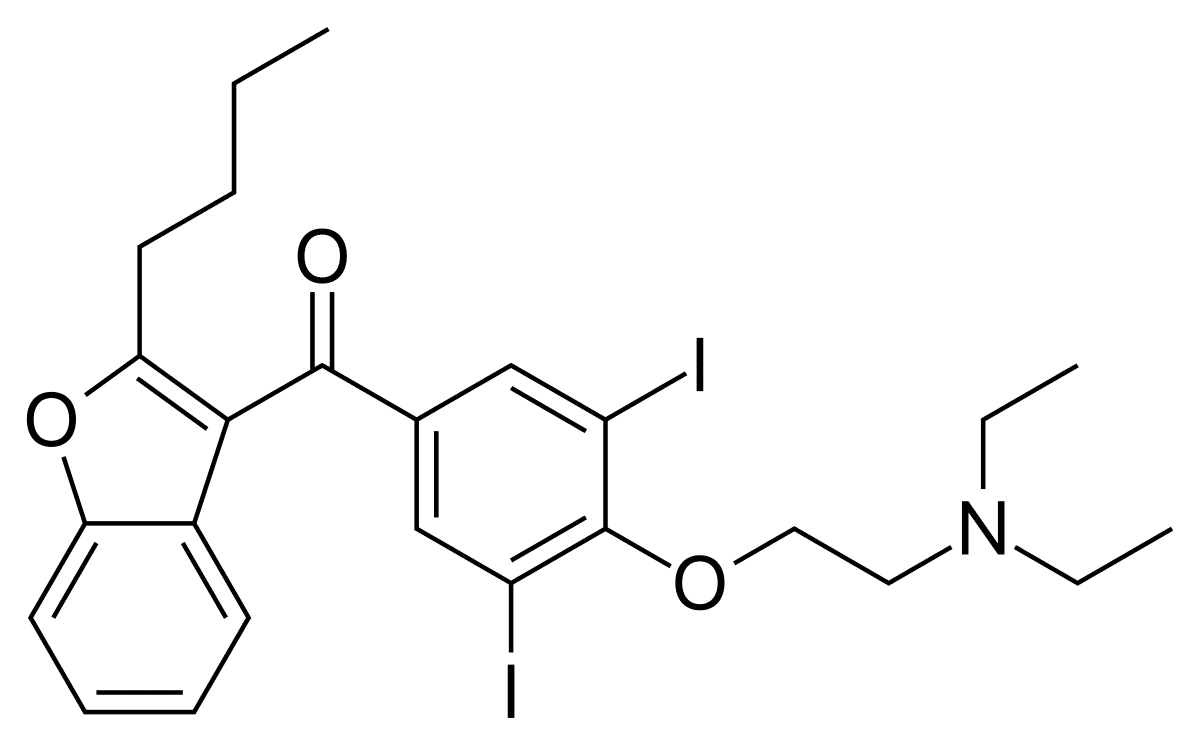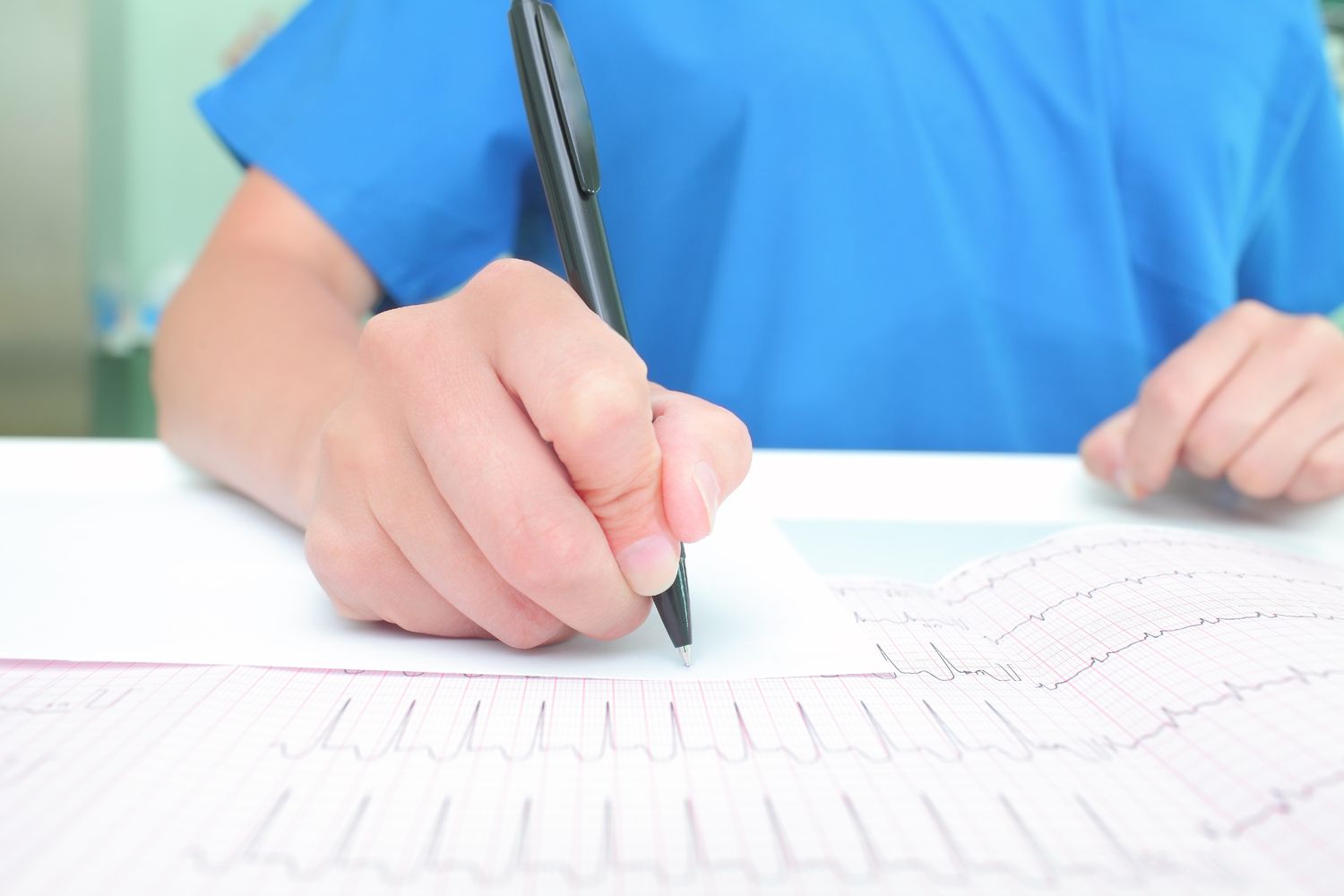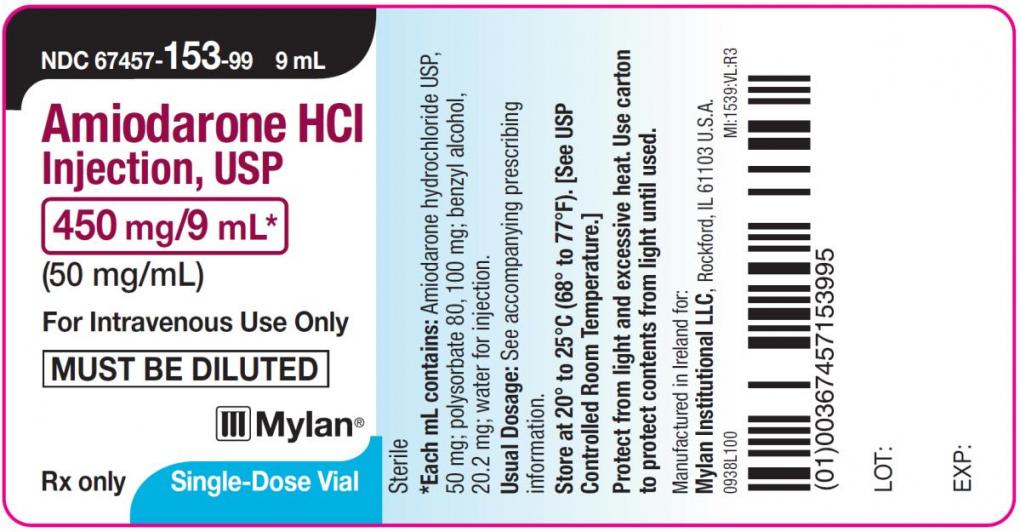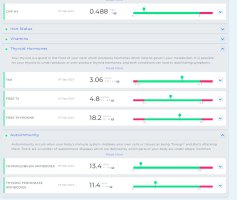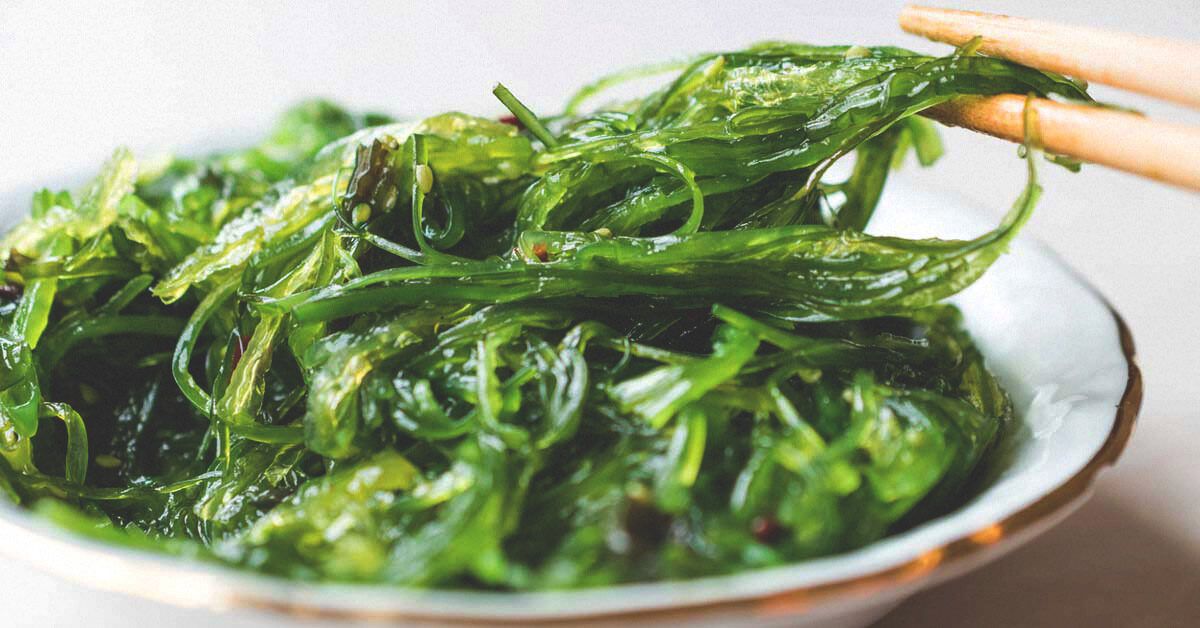These are the effects I've noticed so far, off the top of my head:
- (SSKI) Cured my arthritic shoulders, regained full movement
An interesting development today. I applied some transdermal magnesium chloride oil 50% this morning. I've taken magnesium in various forms (Including Magnoil) for years and years, so I include this point only to give a full picture)
Now, since posting on this thread I've maintained the SSKI protocol we spoke about and also added some Lugol's, both topical sporadically to the shoulder and daily oral. (up to 3 drops oral, many (10?) drops topical as I read only 10% or so gets absorbed).
Not 5 minutes ago, something happened in my shoulder - there was a clicking sound as I moved, and it's now got the least pain doing a particular movement it's had in 10+ years. (If you simulate doing a full range of movement overhead dumb-bell press that will give you an idea of the type of movement I use for 'diagnosing' my shoulder health).
I really am stunned. I need to see if this is permanent. I will be ecstatic if it is.
Edit to add: The only other thing I tried was once applying olive oil and Progest-E as I spoke about with @Rinse & rePeat but that was a quite a few days ago now. I haven't had a chance to try it again since. I have no idea if just one application would be enough to cause benefits some time later. I tagged you here rinse purely as you might find it interesting. I don't know your thoughts on iodine/iodide and certainly don't encourage anyone to go contrary to Dr Peat's work. (I am an idiot - do not do what I do, basically)
Last edited:

